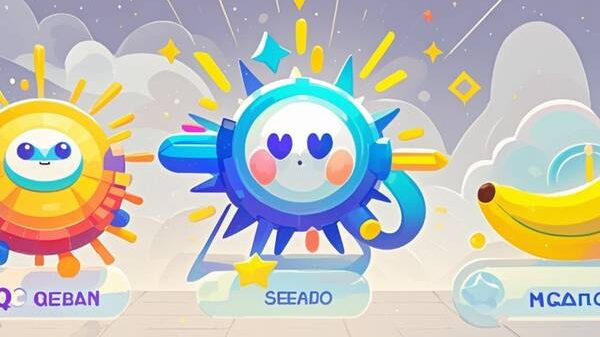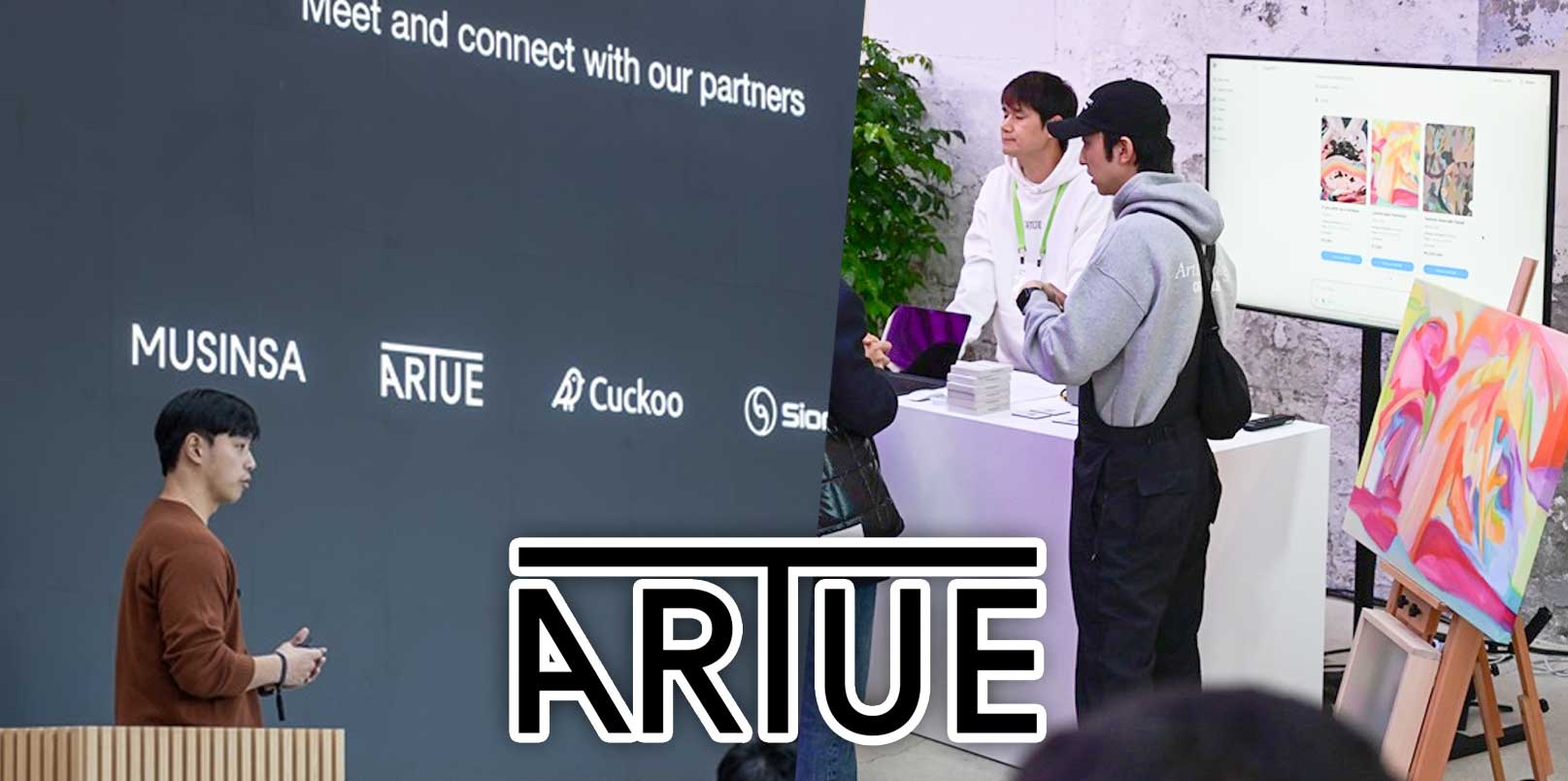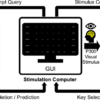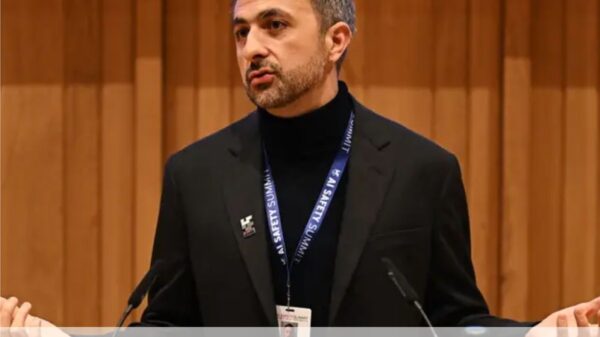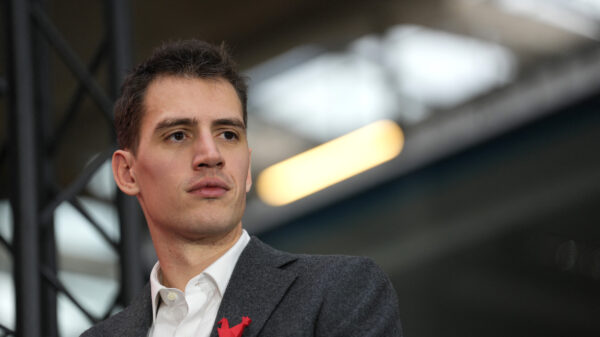Korea’s AI landscape is witnessing a notable evolution as startups delve into the realm of cultural technology. This trend was prominently showcased during OpenAI’s DevDay Exchange Seoul, where Artue, an innovative player in AI-driven art recommendation, unveiled its AI curator system. This system is designed to interpret emotional cues, user intent, and creative context, thereby shaping unique digital experiences for users.
Artue Unveils AI Curator Technology at OpenAI DevDay Seoul
On November 13, 2025, Artue was officially invited to OpenAI’s DevDay Exchange Seoul. The company demonstrated its AI art recommendation engine and Conversational Curator system at a booth titled “The Art AI Agent for ChatGPT.”
The demonstration emphasized real-time integration with ChatGPT. Users could input natural language prompts—for example, requests for calm or serene paintings—and the system would search for corresponding artworks available on the Artue platform. This experience was enhanced with content generated by Sora, featuring artists explaining their own works in video formats.
According to Artue, their system facilitates the conversational exploration, recommendation, and purchasing of artworks within ChatGPT, thus streamlining the user experience centered around art.
Artue’s Focus on Emotional Intelligence in AI
Artue’s technology aims to interpret emotional nuances, cultural context, and user preferences, thereby fostering personalized recommendations. The company labels this approach as a new paradigm of Specialist Emotional Intelligence.
This model goes beyond simply reproducing or categorizing artworks; it seeks to interpret their emotional significance and contextual meaning. Artue has also announced a global patent filing for its AI art recommendation and digital-twin-based transaction technology, employing a Convergent AI structure that integrates GPT, vision, voice, and blockchain modules.
Artue’s Position in the Cultural AI Landscape
Song Bo-young, CEO of Habitus Associates, the operator of Artue, stated, “Through this DevDay invitation, Artue has strengthened its position within the OpenAI ecosystem as an Art Intelligence Partner and will continue to evolve as the standard for the next-generation Cultural Operating System, where art and technology coexist.”
Artue’s advancements reflect a paradigm shift toward understanding emotional, preference, and cultural context, enabling emotion-driven recommendations.
Korea’s strong momentum in AI development and enterprise adoption is steering interest toward cultural technology as a new application domain. Artue’s demonstration signifies that Korean startups are increasingly integrating emotional interpretation and creative context into AI-driven services, a factor that has caught OpenAI’s attention.
Before securing strategic investment from Crit Ventures USA, Artue distinguished itself as the sole startup on OpenAI Korea’s partner list during the office launch in September 2025, standing among giants like LG, Kakao, and Krafton. This prominence emphasizes its pivotal role within the ecosystem and at the DevDay event.
Future Directions for Korea’s Cultural AI Sector
Artue’s participation at DevDay illustrates how Korean startups are broadening the scope of AI to include emotional and cultural dimensions. The demonstration effectively connected art discovery, recommendations, and artist-driven content within a singular conversational interface. This trajectory may influence the design of AI systems for museums, cultural institutions, creative platforms, and consumer experiences.
Korea’s fascination with emotional-context AI aligns with global discussions on how generative systems can interpret intent and meaning. As cultural technology gains traction, the next phase will involve testing business models, establishing partnership frameworks, and ensuring interoperability with global platforms.
Artue’s initiatives indicate that Korean startups are at the forefront of exploring this innovative frontier, significantly contributing to the evolution of AI-powered cultural experiences across Asia and beyond.
 Roper Technologies Boosts AI Leadership and Dividends, Eyes $10.2B Revenue by 2028
Roper Technologies Boosts AI Leadership and Dividends, Eyes $10.2B Revenue by 2028 Apple Guides Users to Disable AI Features on MacBook for Enhanced Control
Apple Guides Users to Disable AI Features on MacBook for Enhanced Control Accenture Forms AI Partnerships with PPL and Essity to Boost Tech Financial Management
Accenture Forms AI Partnerships with PPL and Essity to Boost Tech Financial Management Shanghai Unveils Ambitious Plan for AI Dining, Targeting 70% Automation by 2028
Shanghai Unveils Ambitious Plan for AI Dining, Targeting 70% Automation by 2028 AI Enhances Daily Life: How Intelligent Systems Improve Human Experience and Well-Being
AI Enhances Daily Life: How Intelligent Systems Improve Human Experience and Well-Being

